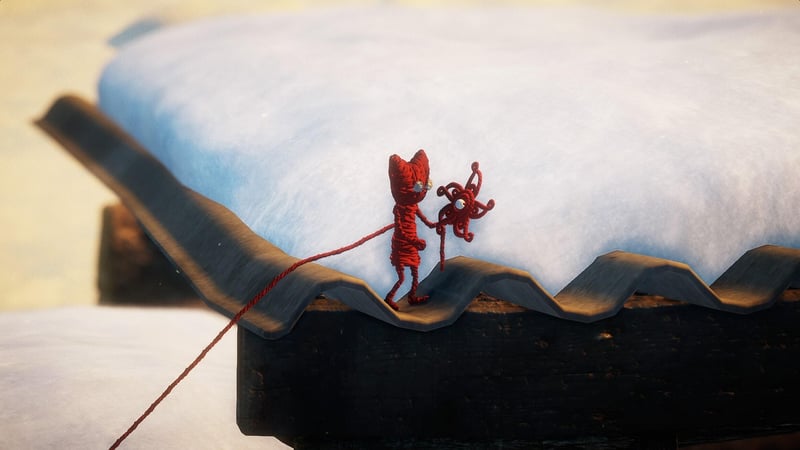Paradoxes Unraveled
Unraveling the Impacts of Time Travel and Paradoxes
Time travel has long been a fascinating concept in science fiction, sparking endless debates and theories about its potential impacts and the paradoxes it could create. Let's dive into the intriguing world of time travel and unravel some of its effects and the enigmatic paradoxes that come with it.
The Impacts of Time Travel:
1. Butterfly Effect: One of the most discussed impacts of time travel is the butterfly effect. A small change in the past could have significant and unforeseen consequences in the present and future.
2. Altering History: Time travel could allow individuals to alter historical events, leading to a ripple effect that changes the course of history as we know it.
3. Grandfather Paradox: The infamous paradox where a time traveler goes back in time and prevents their grandparents from meeting, thereby preventing their own birth. This paradox raises questions about the possibility of altering one's own existence.
Paradoxes Unraveled:
1. Bootstrap Paradox: Also known as a causal loop, this paradox occurs when an object or information exists without being created, leading to an infinite loop of cause and effect.
2. Predestination Paradox: In this paradox, a time traveler's actions in the past inadvertently lead to the events they were trying to prevent, creating a self-fulfilling prophecy.
3. Parallel Universes: Some theories suggest that time travel could lead to the creation of parallel universes, where different versions of events coexist simultaneously.

As we continue to explore the concept of time travel, the impacts and paradoxes associated with it challenge our understanding of causality, destiny, and the nature of reality itself. Whether time travel will ever become a reality or remain a product of our imagination, the mysteries it presents will continue to captivate us for years to come.
Interested in more mind-bending topics? Check out our Science & Technology section for more intriguing articles!
